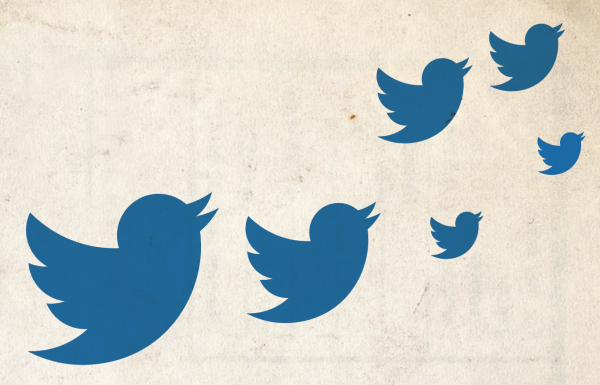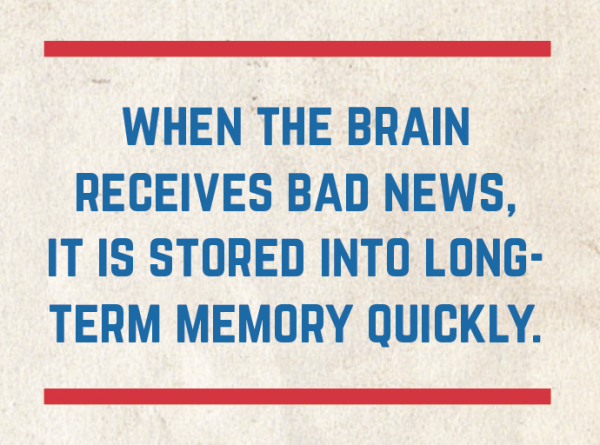Why propaganda makes us so angry.
 I’ve identified several factors to be considered as to why something as old school as propaganda remains relevant.
I’ve identified several factors to be considered as to why something as old school as propaganda remains relevant.
Part of it can be blamed on the speed of our lives and part on the anonymity of social media. But an important part likely is human psychology, our personal values, and belief systems and biases – all combined with a lack of focus or ability to control our impulses.
As a former journalist and present public relations practitioner, here’s my take.
And so it begins.
Propaganda wasn’t always seen as a negative. Early on, it generally was seen in a positive light because it was helping a worthy cause – think taxation without representation in the American Revolution. But things really changed before World War II. Hitler’s Nazi movement was the propaganda’s piece de resistance, and it led people, many who were basically good, to do unthinkable things.
This is how propaganda lives and grows. It allows others to manipulate us, using short-term goals, half-truths, and logically flawed arguments and comparisons while shouting out their messages with a loud, firm voice and undeniable confidence. These experts play us like the proverbial fiddle to goad us into a strong, negative emotional reaction.
Its power grows.

According to a “Psychology Today” article from June 30, 2014, when the brain receives bad news, it is stored into long-term memory quickly. Conversely, positive experiences have to be held in our awareness for more than 12 seconds to transfer from short-term to long-term memory.
This proclivity to highlight negative over positive also impacts our consumption of news content, according to Stuart Soroka, a University of Michigan professor of communication studies and political science. In an Oct. 2017 article, he says the costs of negative information far outweigh the potential benefits of positive information.
A little nudge goes a long way.
Recently, I read with great interest a Washington Post article on the University of Chicago’s Richard Thaler who won the Nobel Prize for economics. Thaler refers to an interesting study about the “urinal fly”—a small, life-like etching of a fly near the drain of a urinal—that led him to the Nobel Prize. The experiment reduced urinal spillage by 80 percent and reduced cleaning costs by 8 percent. He describes the study as his favorite illustration of a “nudge.”
The same principle of the nudge can be applied to the choices, big and small, that people make in their daily lives. For Thaler, a nudge is a choice “that alters people’s behavior in a predictable way without forbidding any options or significantly changing their economic incentives.” Nudges are not mandates, but rather they make it easier to do the right thing.
I think that is a perfect explanation of how advertising and public relations work together for brands. We nudge people to the positive.
If negativity works so well, it might seem illogical for brands to spend millions of dollars each year to highlight their brand’s image, social responsibility or product quality.
But we shouldn’t give into propaganda. Instead, we all should keep nudging the positive. Maybe, we can slowly move toward a reality recognized by early 20th Century American journalist H.L. Mencken, who coined many memorable quotes, including this one: “Truth would quickly cease to be stranger than fiction, once we got as used to it.”



